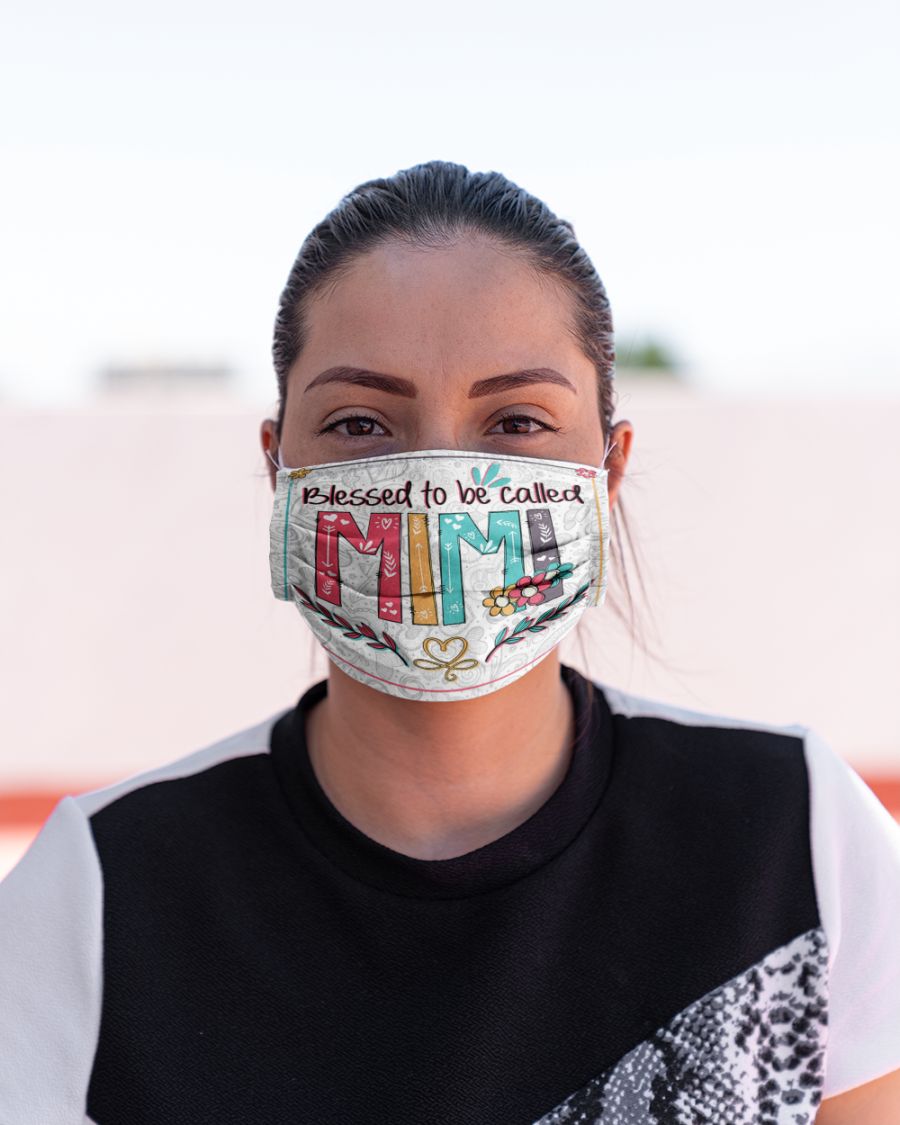Where to buy : ANDIEZ Your Butt Napkins My Lord Duck Poster
I discovered in a roundabout way that no one at Rinehart liked the 108 pages… that the girls there notably had notion it unpleasant (which blissful me). I instructed Selby [O’Connor’s editor] that i used to be willing ample to take heed to Rinehart’s criticism but that if it didn’t swimsuit me, i might dismiss it… To increase in any respect as a writer I need to improve in my own manner… I are not hurried or directed by way of Rinehart. I feel they are interested within the time-honored and i have had no indication that they’re very vivid… in the event that they don’t feel i’m price giving greater money to and leaving on my own, then they should still let me go… Selby and i got here to the conclusion that i used to be “in advance arrogant.” I offered him with the phrase.
it’s extraordinary to examine, during this age, a letter with the aid of a author whose use of ego serves to offer protection to, no longer inform, her work. O’Connor changed into quickly released from her contract and, in 1950, signed with Robert Giroux, then at Harcourt, Brace, whom she had met through Robert Lowell. The yr before, Lowell had also introduced her to the Catholic poet and translator Robert Fitzgerald and his wife, Sally. The younger couple had babies and a house in Ridgefield, Connecticut; they needed a boarder to make ends meet, and O’Connor moved in that fall. O’Connor attended Mass every day with the Fitzgeralds. And, as her literary mastery deepened, she grew to become more suitable in a position to outline her faith. She wrote to Elizabeth Hester: “i’m a Catholic specifically possessed of the modern cognizance, that component Jung describes as unhistorical, solitary, and guilty. To own this in the Church is to endure a burden, the necessary burden for the aware Catholic.”
As W.H. Auden put it, “In 1912, it was a true vision to find that God loves a Pernod and a pretty good f—, however in 1942 every maiden aunt is aware of this and it’s time to discover anything else He loves.” in contrast to nearly all of Catholics the Fitzgeralds had widespread, O’Connor lived her religion. In a memoir about her, Robert Fitzgerald wrote admiringly of her inability to speak in abstractions: “She may make issues fiercely 0 simple, as in her comment, now legendary, on a captivating dialogue of the Eucharist symbol: ‘If it were simplest an emblem, I’d say to hell with it.”
This most psychologically astute and least “psychological” of writers watched the action unfold in her studies and novels with a kind of amateur glee. As somebody whose worldview became in part ecclesiastical, O’Connor additionally knew that having faith worried hard, commonly dispassionate work: You didn’t embrace the leper together with the road because you “identified” with him; in reality, “because” wasn’t even part of the equation. Seeing his dermis drop off in flakes and handing over a fiver to sustain him have been actions that called for description, no longer clarification. O’Connor understood comedy because the flashy facet of tragedy. In her work, catastrophe puts on a crimson shirt and acts the fool for the devil’s amusement.
In 1950, while typing the primary draft of “wise Blood,” O’Connor all started to adventure a heaviness in her arms. She turned into clinically determined with rheumatoid arthritis. But later that 12 months she grew to become critically unwell. She became affected by lupus, the sickness that had killed her father. Lupus put her in and out of hospitals for the leisure of her lifestyles. It caused her face to swell and her hair to fall out; it required her to give herself injections of cortisone, and, ultimately, to walk with aluminum crutches as a result of “the misery,” as she termed it, affected her hips.
Visit our Social Network: Pinterest, Blogger, and see more our collection.
From: Vietnamreflections store






